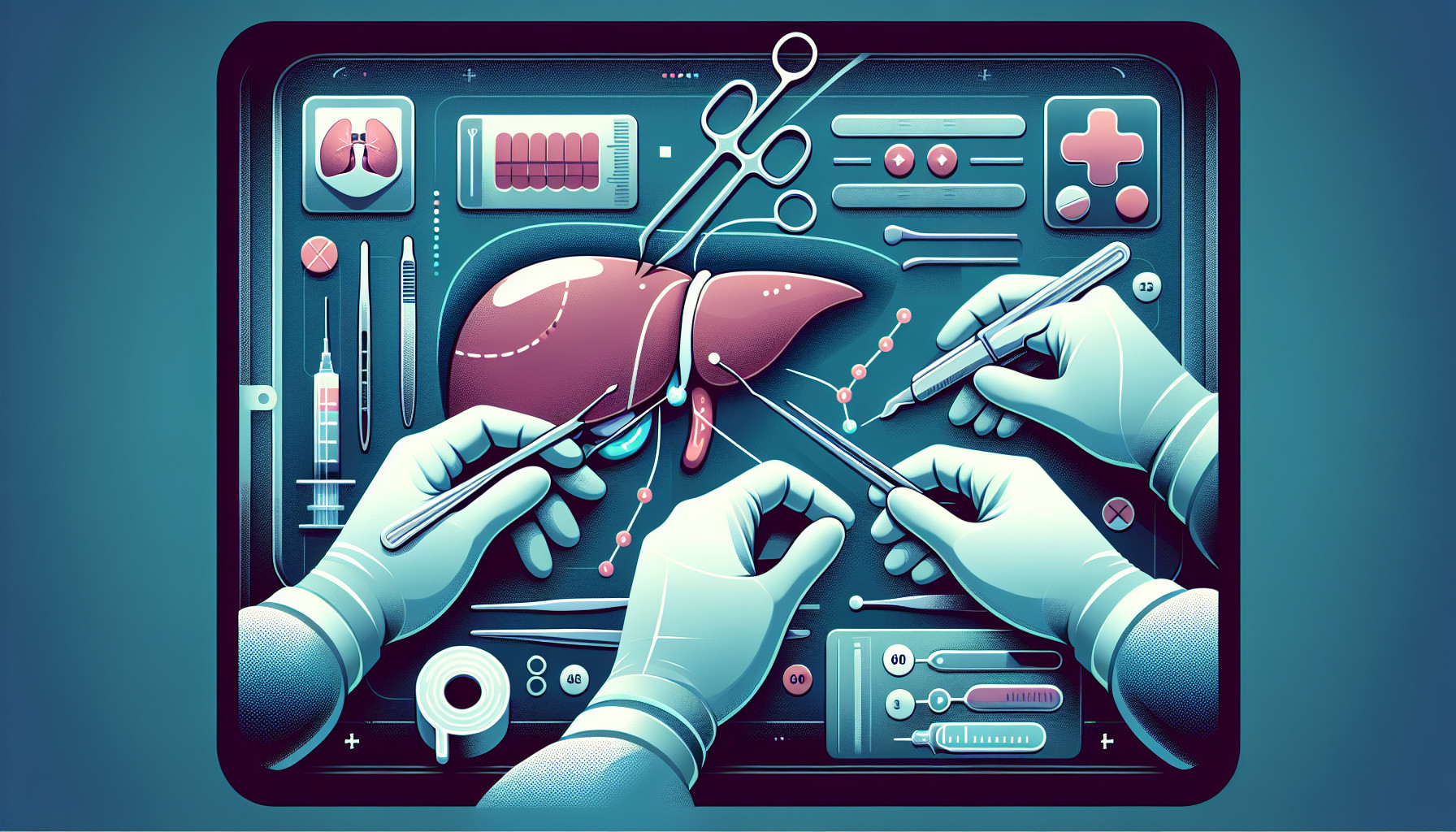Our Summary
This research paper discusses liver diseases in children, which are becoming increasingly common. Currently, liver biopsies are the best way to diagnose these disorders. However, this procedure is invasive, painful, and requires children to be under general anesthesia. As a result, scientists are looking for other ways to diagnose liver diseases. One such method is liver elastography, a type of ultrasound that is used more and more to assess and monitor liver dysfunction in both adults and children. There are different techniques of liver elastography, each with its own method and results. The goal of this research was to determine if liver elastography could replace liver biopsies. The researchers concluded that while liver elastography cannot currently replace liver biopsies, it will likely play a larger role in monitoring children with liver diseases in the future.
FAQs
- Why are liver biopsies currently the best way to diagnose liver diseases in children?
- What is liver elastography and how is it used in diagnosing liver diseases?
- Can liver elastography replace liver biopsies in diagnosing liver diseases in children?
Doctor’s Tip
A helpful tip a doctor might tell a patient about liver biopsy is to follow any pre-procedure instructions carefully, such as fasting or stopping certain medications. It’s also important to let the doctor know about any allergies or medical conditions before the procedure. After the biopsy, the patient should rest and avoid strenuous activity for a period of time as directed by the doctor to allow the liver to heal properly. It’s also important to report any unusual symptoms, such as severe pain or bleeding, to the doctor immediately.
Suitable For
Patients who are typically recommended liver biopsy include those with suspected liver diseases such as hepatitis, cirrhosis, fatty liver disease, autoimmune liver disease, and liver cancer. Liver biopsy may also be recommended for patients with unexplained abnormal liver function tests, unexplained liver enlargement, or to monitor the progression of a known liver disease. Additionally, liver biopsy may be recommended for patients who are not responding to treatment or for those who require a definitive diagnosis to guide treatment decisions.
Timeline
Before liver biopsy:
- Initial consultation with a healthcare provider to discuss symptoms and medical history.
- Blood tests and imaging studies may be ordered to evaluate liver function and identify any abnormalities.
- Consultation with a specialist, such as a gastroenterologist or hepatologist, to determine the need for a liver biopsy.
- Pre-procedure instructions, such as fasting before the biopsy and stopping certain medications that may affect blood clotting.
During liver biopsy:
- Patient is taken to a procedure room and given general anesthesia to minimize pain and discomfort.
- The healthcare provider uses ultrasound or CT guidance to locate the liver and insert a needle to collect tissue samples.
- The procedure typically takes around 30 minutes to an hour to complete.
After liver biopsy:
- Patient is monitored for a few hours in a recovery area to ensure there are no complications.
- Pain medication may be prescribed to manage any discomfort at the biopsy site.
- Rest and limited physical activity may be recommended for a few days following the procedure.
- Results of the liver biopsy are typically available within a week and will be discussed with the patient by their healthcare provider.
What to Ask Your Doctor
- What is the purpose of the liver biopsy in my specific case?
- How will the procedure be performed and what can I expect during and after the biopsy?
- What are the potential risks and complications associated with a liver biopsy?
- How accurate is a liver biopsy in diagnosing liver diseases compared to other diagnostic methods?
- Are there any alternative diagnostic tests or procedures that could be considered instead of a liver biopsy?
- How long will it take to receive the results of the liver biopsy?
- How will the results of the liver biopsy impact my treatment plan and prognosis?
- Are there any specific instructions or precautions I should follow before and after the liver biopsy?
- Will I need to be sedated or under general anesthesia during the liver biopsy?
- Are there any restrictions on activities or diet following the liver biopsy procedure?
Reference
Authors: Medyńska-Przęczek A, Stochel-Gaudyn A, Wędrychowicz A. Journal: Adv Med Sci. 2024 Mar;69(1):8-20. doi: 10.1016/j.advms.2023.12.001. Epub 2024 Jan 9. PMID: 38198895
